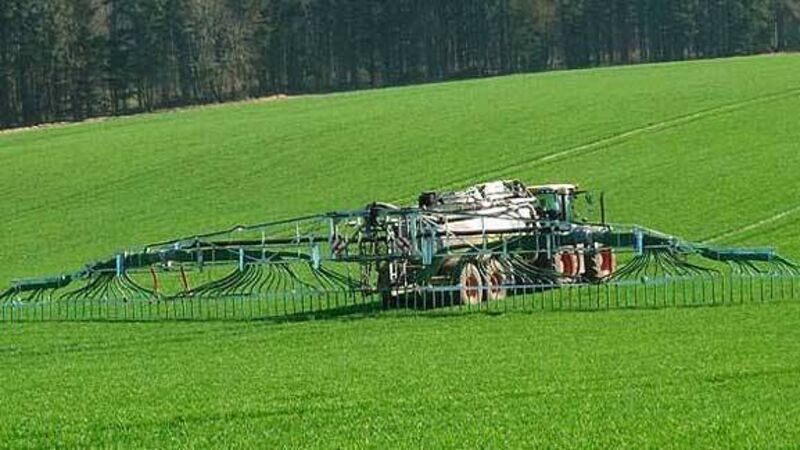Farmers could launch legal action over cuts to Single Farm Payments

A group of farmers has enlisted the services of a solicitor and is in the process of preparing an application to the High Court over concerns that small farmers are being excessively penalised when it comes to Single Farm Payments.
Farmers involved in the action are likely to first launch a test case.













